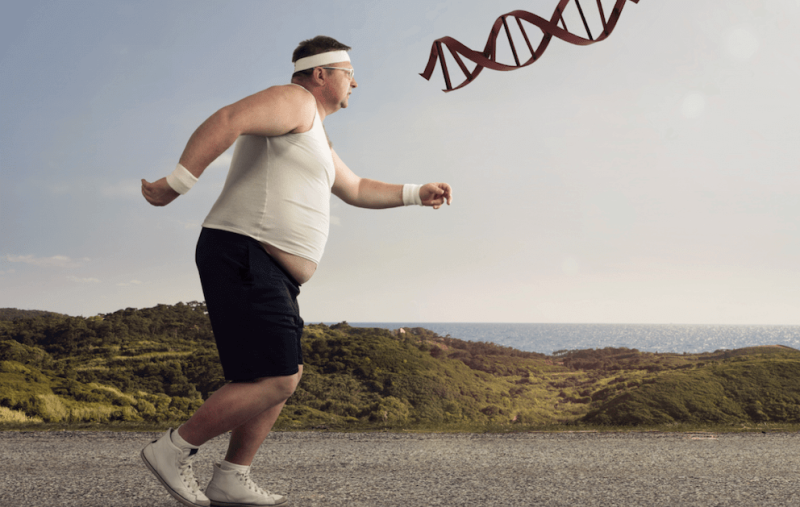Obesity is often attributed to a simple equation: People are eating too much and exercising too little. But evidence is growing that at least some of the weight gain that plagues modern humans is predetermined.
New research from the Research Triangle suggests that variants in a gene called ankyrin-B — carried by millions of Americans — could cause people to put on pounds through no fault of their own.
The study, which was conducted in mice, shows that the gene variation causes fat cells to suck up glucose faster than normal, more than doubling their size. When an aging metabolism or high-fat diet is added to the equation, obesity becomes all but inevitable.
“We call it fault-free obesity,” said Vann Bennett, M.D., Ph.D., senior author of the study and George Barth Geller Professor of Biochemistry at Duke University School of Medicine.
“We believe this gene might have helped our ancestors store energy in times of famine. In current times, where food is plentiful, ankyrin-B variants could be fueling the obesity epidemic.”
…
“This gene could enable us to identify at-risk individuals who should watch what kind of calories they eat and exercise more in order to keep their body weight under control,” [Bennet said.]
[Editor’s note: Read the full study (behind paywall)]
The GLP aggregated and excerpted this blog/article to reflect the diversity of news, opinion, and analysis. Read full, original post: Gene prompts cells to store fat, fueling obesity































